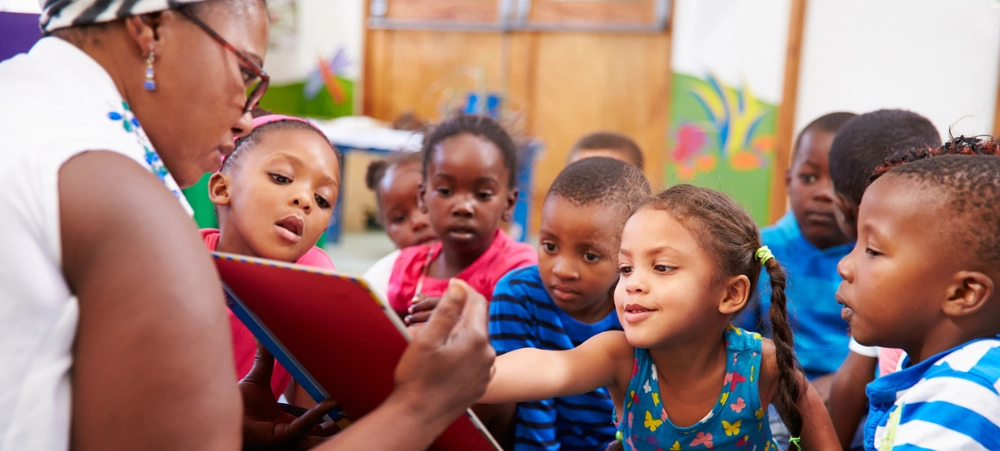Many parents fear that giving toys to their children is spoiling them but it has been proven many times that play contributes directly to a child’s education and development. The important thing is to give them the right toys that stimulate and prolong play and learning.
If children are to discover what they are good at, what they like, and what they are like, then they will need variety in their play, and a broad assortment of toys to make it possible.
Fun Fact #1: In one study the availability of toys in infancy was related to the child’s IQ at 3 years of age
Fine Motor Skills / Hand Eye Coordination:
- Lacing
- Beading
- Puzzles
- Arts and crafts
Large Motor Skills (fitness & balance)
- Pool toys
- Balls/outside games
- Gardening sets
- Baking sets
Language Skills:
- Talking toys
- Sound puzzles
- Matching words and object games
- Books, activity books
Fun Fact #2: A review of more than 40 studies concludes that play enhances early development by at least 33%
Cognitive Skills (thinking through problems):
- Sorting, sequencing, counting , memory, puzzling games
- Bead mazes
- Stacking toys
- Puzzles
- Construction sets
Imagination Skills (pretend play)
- Dress up
- Finger puppets
- Props (kitchens, trolleys, dolls)
Artistic Skills (arts and crafts)
- Drawing
- Painting
- Sand art
- Art and craft activities Emotional Skills
- Group play
- Stickers
- Dolls
- Dress up sets
- Books
Auditory Skills:
- Musical instruments
- Sound enhanced puzzles
- Listening games
- Co-operative games
Fun Fact #3: Children play longer and learn more when a wide variety of toys are available
Parenting Hub is one of South Africa’s largest online lifestyle magazines, targeted toward Parents.
We understand that there are many aspects that encompass a Mother, Father or Child and strive toward providing resources and services that accommodates this.
Our content is aimed to inform and educate families on issues starting from pregnancy through to the challenges of the teen-age years.
We understand that there are many aspects that encompass a Mother, Father or Child and strive toward providing resources and services that accommodates this.
Our content is aimed to inform and educate families on issues starting from pregnancy through to the challenges of the teen-age years.
Latest posts by Parenting Hub (see all)
- Say Hello to the Ultimate Holiday Brunch Bite - December 17, 2025
- Tiny Toons Looniversity Returns: Meet the Voice Behind Plucky and Hamton! - December 12, 2025
- From Pain to Possibility: Panado®’s New Marketing Campaign, Highlights The Joy Of Pain Relief - December 10, 2025
Post Views: 37,155





